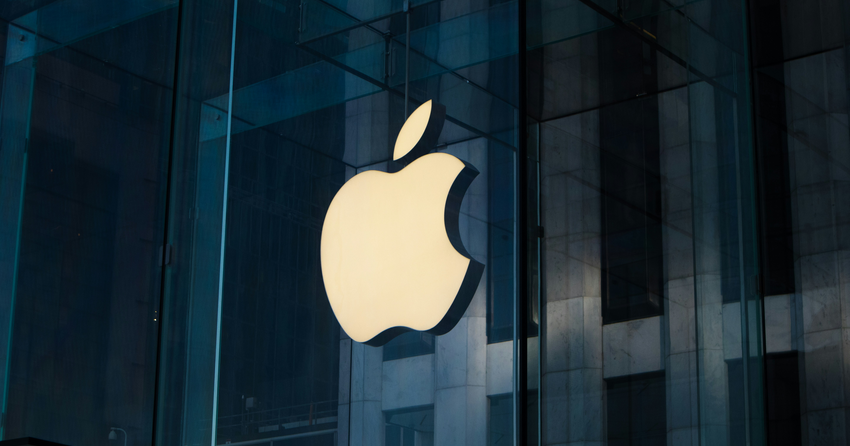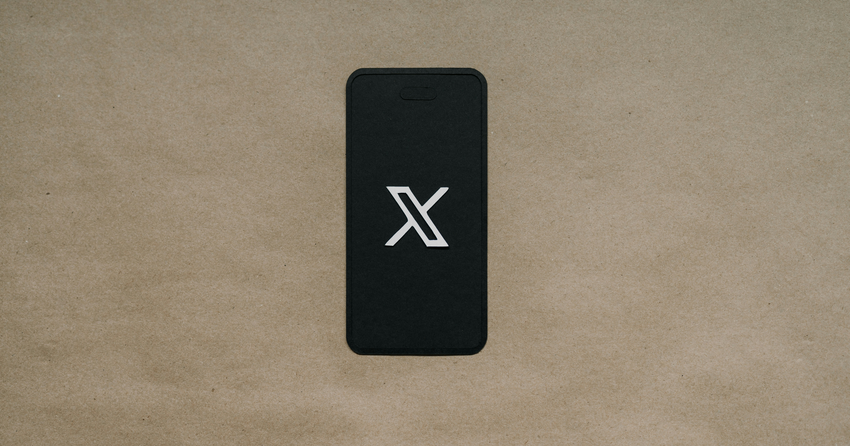
Google Search Will Include Conversational AI
Google CEO Sundar Pichai announced last week that Google will integrate conversational AI into its search engine, although he didn’t provide a timeline.
In the past, Google has been reluctant to change the ways users interact with its search engine too quickly. The tech leader is also cognizant of the accuracy concerns related to AI-powered chatbots. Moving forward, Pichai says, “Will people be able to ask questions to Google and engage with LLMs in the context of search? Absolutely.”
Pichai asserts that “the opportunity space, if anything, is bigger than before.” This comes at a time where Google is facing increased competition in the search engine industry, particularly since Microsoft announced its integration of ChatGPT into its search engine Bing.
Google has added pressure internally from investors who would like to see Google decrease costs. Google will need to walk a fine line between revenue generation and cost control.
As a starting point, the two main AI teams at Google – Google Brain and DeepMind – will start working closer together. Google is also hoping to access new revenue streams with AI, recently opening access to AI systems for developers on its cloud service and testing AI features in Gmail.
Google Search Ads accounted for $162 billion in revenue in 2022 and Google remains a strong leader in the search industry with 90% of the market share. Microsoft projects that for every percentage point it gains in market share, it will increase its revenue by $2 billion.
Google has long been the leader in developing large language models (LLM), the programs that allow machines to interact with users in a conversational manner.
Last month, Google released Bard, its AI chatbot, in the US and UK for limited beta testing only. It is accessible from its own link and there is currently a waiting list for public testing. No date has been announced for a wider release.













